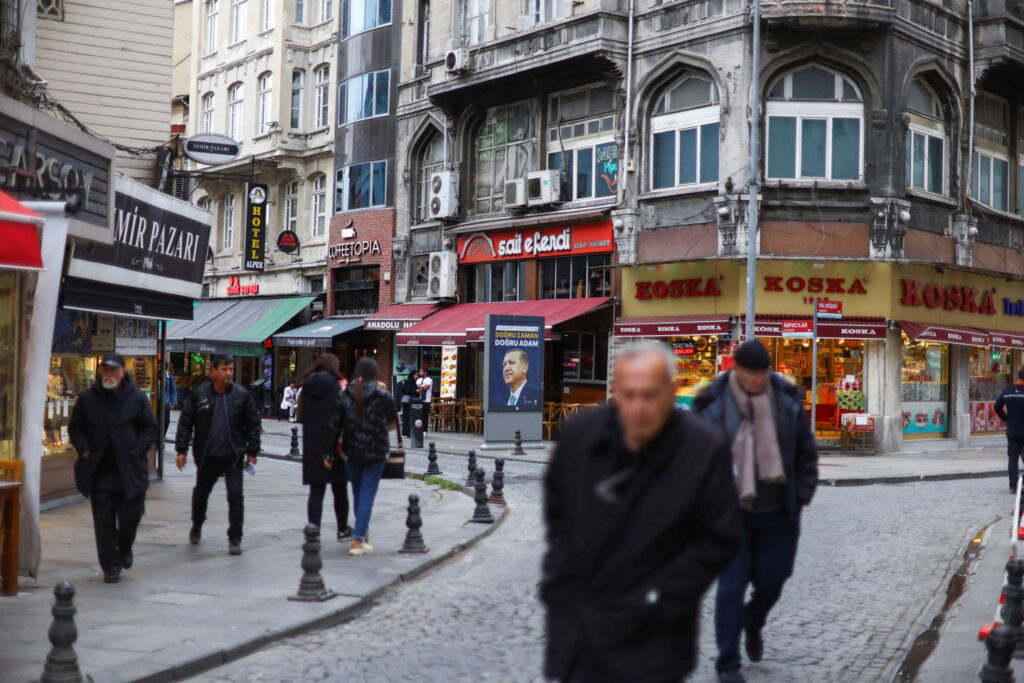Many exporters in poor countries are anxiously awaiting the end of the year. From October 2023, the European Union (EU) will gradually introduce a carbon border tax, called the “carbon border adjustment mechanism”. This will force Europeans to declare the carbon content of imported products, first in a few sectors such as steel, cement or aluminium, and to buy carbon credits supposed to offset their emissions.
A measure intended to prevent the relocation of polluting companies to countries where environmental regulations are less strict. According to a study by David Luke, professor at the London School of Economics, this carbon tax could reduce African exports to the Old Continent by 5.7% and reduce its GDP by 0.91%, the equivalent of 16 billion dollars (about 14.6 billion euros).
Taxing carbon emissions is leading to a recomposition of the global trade landscape based on the new comparative advantage of low-emission production. If a uniform tax on carbon emissions were implemented across the planet, “this would be done in favor of the countries of the North (Germany, Japan, Finland, United States) which are major producers in the world, and relatively less carbon-intensive, to the detriment of countries in the South such as Cambodia, Peru and the BRICS (Brazil, Russia, India, China, South Africa), whose share of global emissions is higher than that of production”, writes Mathilde Le Moigne, professor at the University of Zurich, in a study published in 2021 and entitled “Buy Green Not Local: How International Trade Can Help Save Our Planet” (“Buy green, not local: how international trade can help to save our planet).
Comparative advantage
The geographical position of many so-called “southern” countries, which benefit from plenty of sunshine, could however turn into a comparative advantage. “It is difficult today to transport renewable energy, for example from North Africa to Europe, but if you produce steel there thanks to the huge photovoltaic farms installed, then renewable energy , the sun, becomes a comparative advantage, says Beata Javorcik, chief economist at the European Bank for Reconstruction and Development (EBRD), and this requires rich countries to help them produce renewable energy. »
You have 53.99% of this article left to read. The following is for subscribers only.



